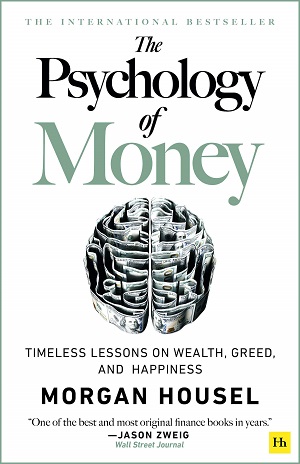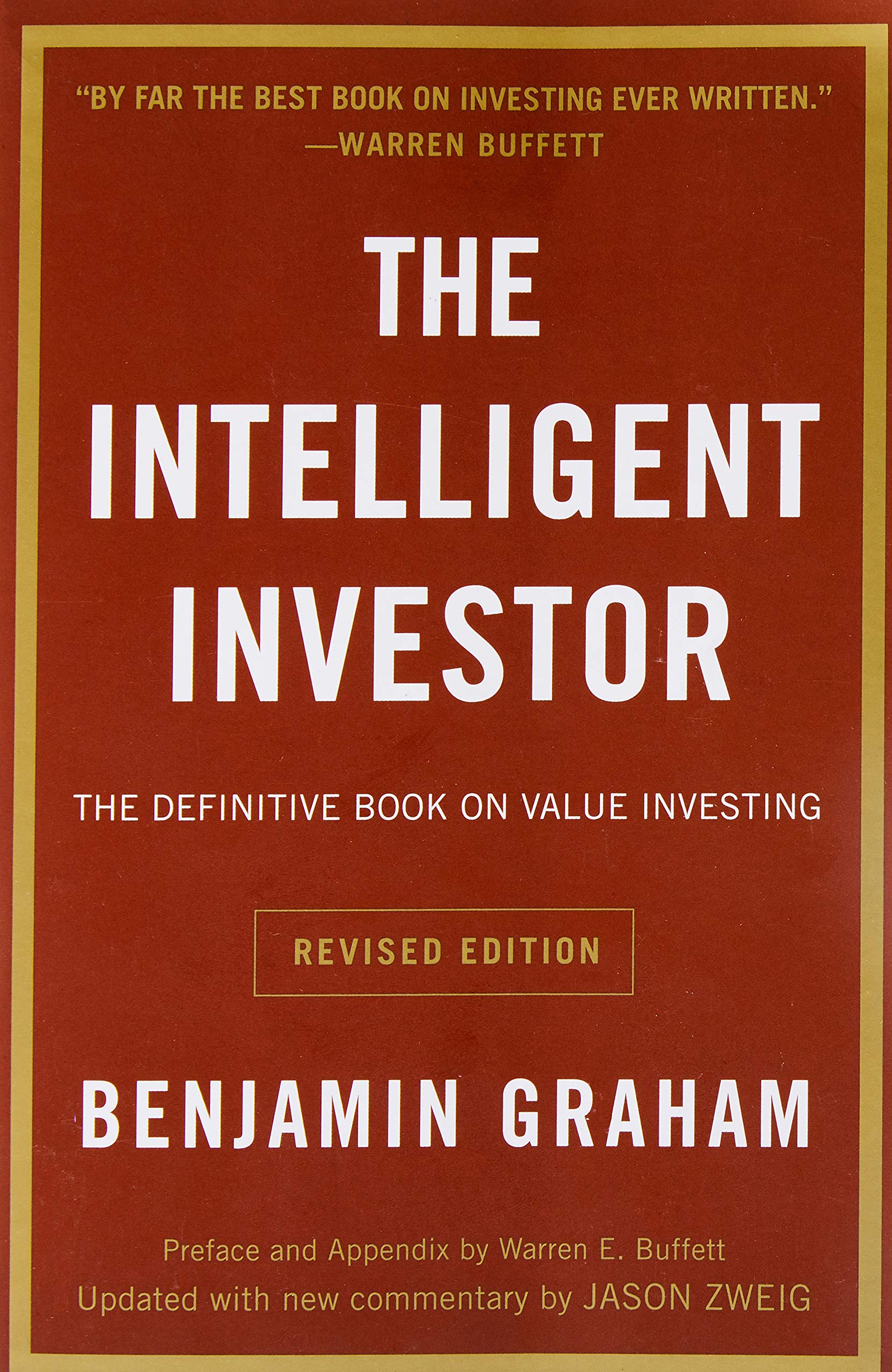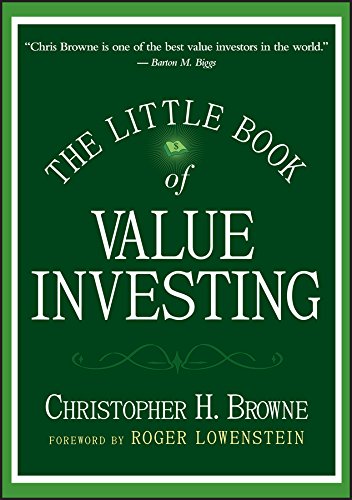For our second book of the month, we’re taking a step into how money affects the mind with Morgan Housel’s The Psychology of Money. Housel’s book presents various takes on how our behaviors can influence our financial success.
Each chapter represents a lesson that Housel passes to the reader. They range from “Luck & Risk”, where Housel walks us through Bill Gates’s massive successes compared to his late classmate Kent Evans, who passed away in his youth due to a mountaineering accident. To “Resonable > Rational”, where he explains the differences between reasonable and rational thinking when it comes to investing.
The book is a great generalized personal finance book and offers timeless lessons of money and perception that make for a great light weekend read. Click the link below if you want to check it out on Amazon, and like always we have listed out our Pros and Cons for The Psychology of Money.
Pros
- Great lessons on behaviors and money that can lead to financial success.
- Easy read, I read the entire book in two days (very quick for my standards).
- The book changes the typical perspective of what being wealthy really is.
Cons
- If you’re looking for concrete examples of how to build wealth, this isn’t the book for you.
- Not a formal psychology book, don’t buy this expecting a textbook.
In case you missed last month’s book of the month, take a here to learn the basics of value investing.




I just added this to my To Read list on Goodreads. Have heard great things and glad to see another vote in its favor!
Happy to help add another book to the list! Let me know what you think when you’ve finished reading it.